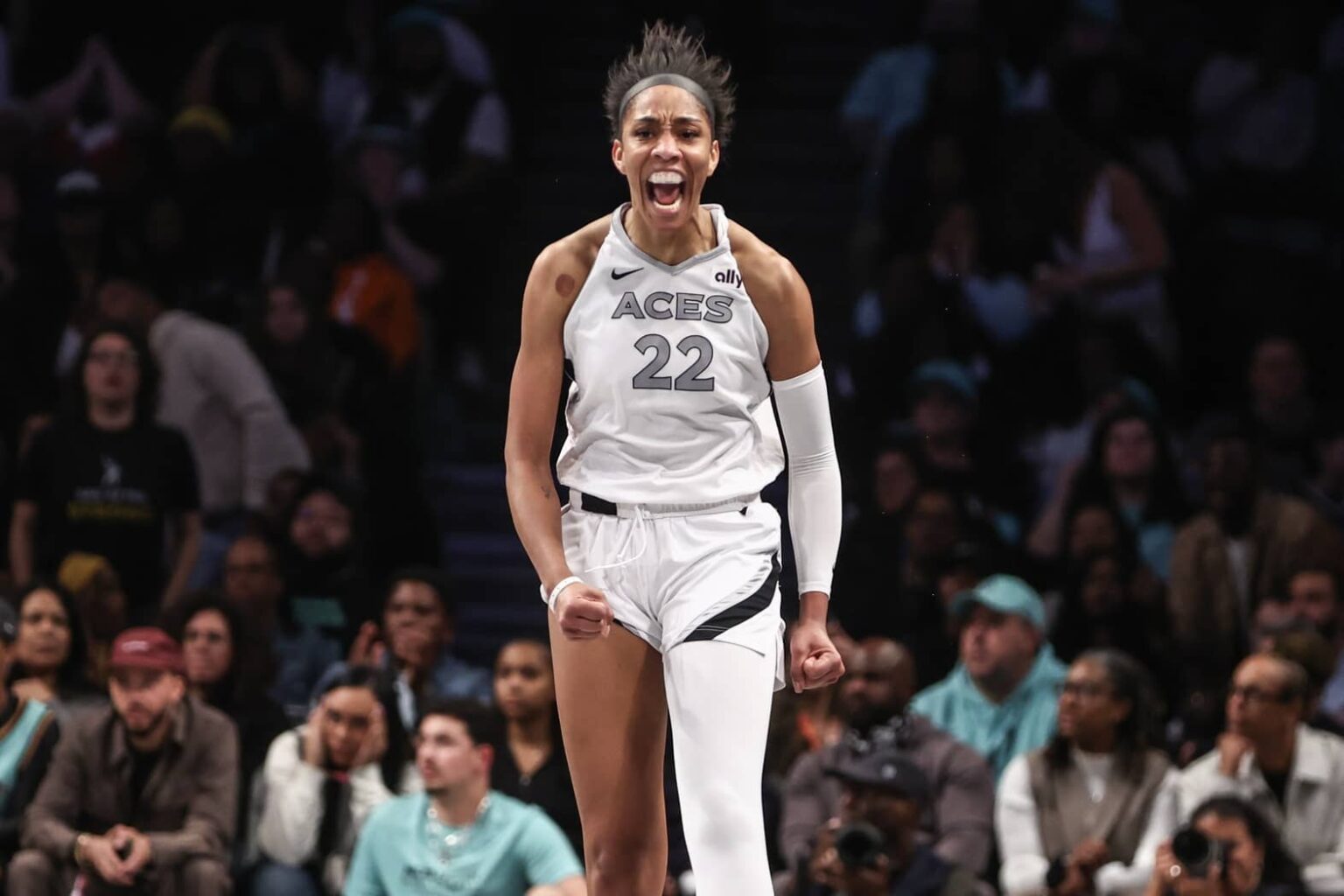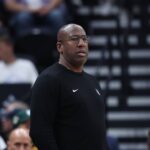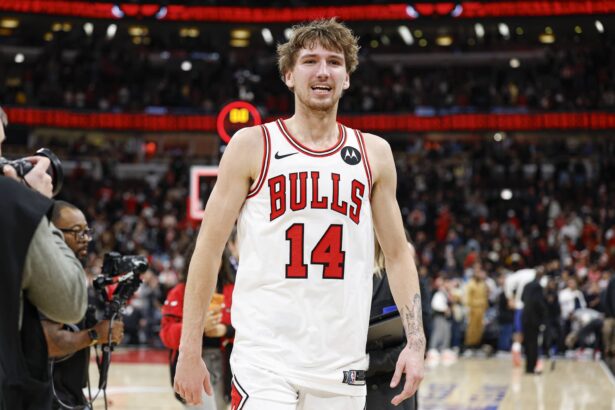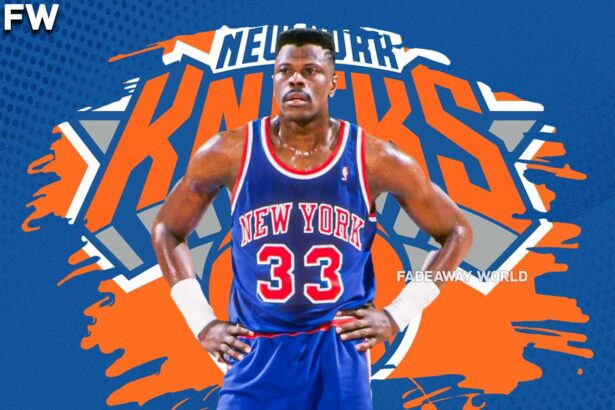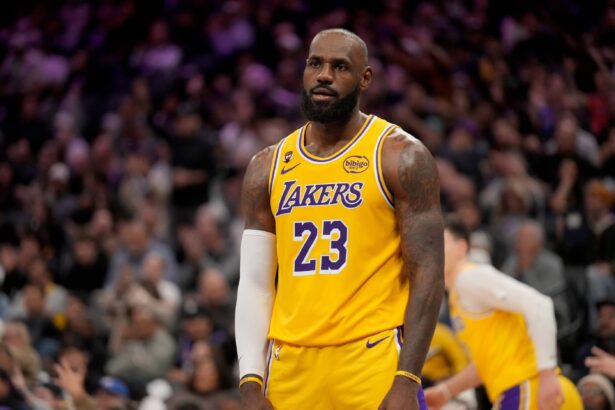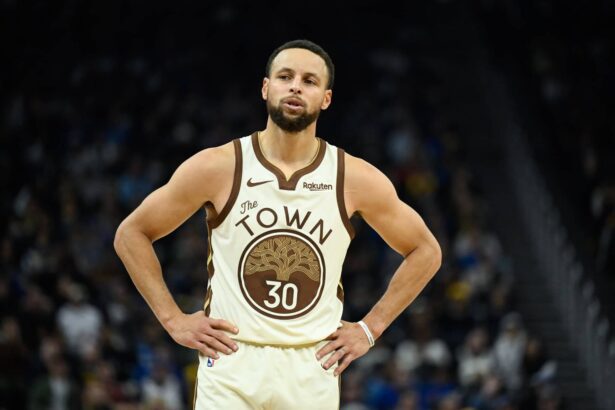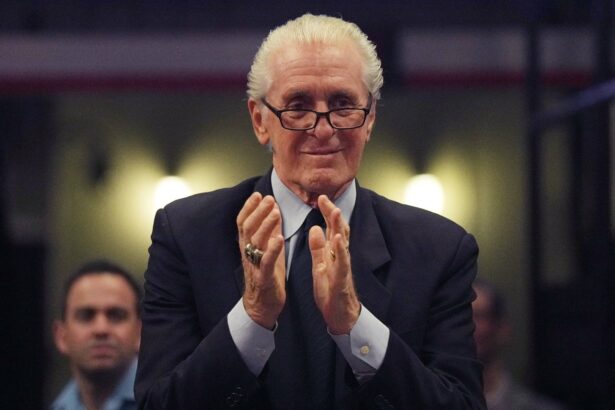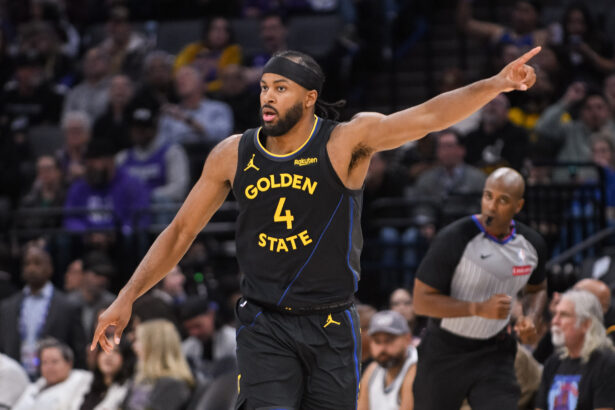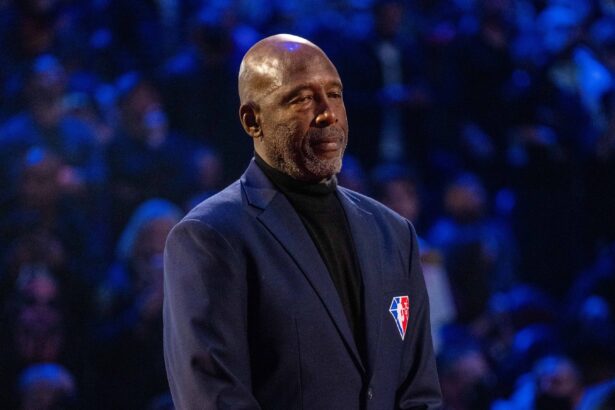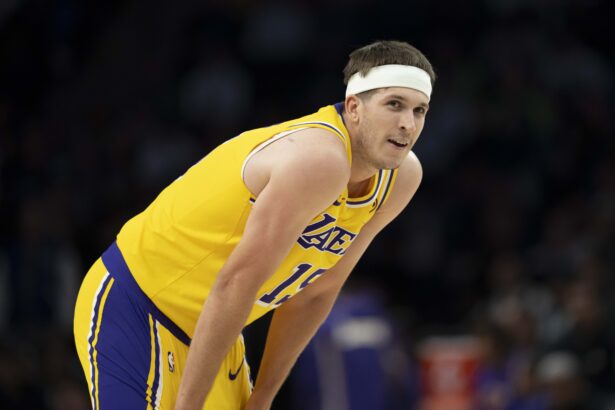Jeff Teague recently sparked a heated debate during an episode of the Club 520 podcast when he dismissed the notion that WNBA star A’ja Wilson could compete against players at any level in the men’s game. Teague’s remarks were unflinching:
“Hell no. Do you all know N***as on the bench average 40 in college, 20 in college? N***s really gonna beat your a**. She not beating a n***a in G-League. She not beating a n***a in college.”
Jeff Teague says A’Ja Wilson is not beating any NBA/G League/College player
“Do yall know n**gas off the bench used to average 40 in high school and 20 in college..?”
Thoughts? 🤔👀
(🎥: @club520podcast) pic.twitter.com/VdbOOgFsxp
— BALLIN HQ (@BallinHQ) December 23, 2024
Teague’s statement underscores the persistent skepticism surrounding comparisons between elite women’s basketball players and their male counterparts at various levels of competition. His assertion—that even NBA benchwarmers or lower-tier male players could dominate a player of Wilson’s caliber—has drawn both criticism and support, reigniting conversations about gender dynamics in sports.
A’ja Wilson, a two-time WNBA MVP and Olympic gold medalist, is widely recognized as one of the best women’s basketball players of her generation. Her dominance in the WNBA and on the international stage has made her a household name in basketball circles. However, Teague’s comments reflect a belief held by some that physicality, size, and athleticism create an insurmountable gap between male and female players.
Interestingly, Kelsey Plum, another WNBA superstar, addressed this issue over two years ago on The Residency podcast. Plum acknowledged the challenges posed by physical differences:
“Not even someone from the bench. You have to understand, if we’re doing shooting workouts, skill workouts, I’m very confident. Anyone you put in front of me, I can compete. But sheer size and athleticism, that’s the problem. Maybe I can score, but who am I gonna defend?”
Kelsey plum said it best https://t.co/H6RsiY2vn3 pic.twitter.com/J0xq3X13sH
— Walt (@MonkeyD_Gucci) December 28, 2024
Plum’s balanced perspective highlights the nuanced nature of the debate. While skill, basketball IQ, and shooting prowess are universal traits that transcend gender, the physical disparity between male and female players remains a significant factor. Even she admitted that competing against players with superior size and strength presents defensive challenges that are difficult to overcome.
The conversation has ignited strong reactions across social media, with some defending Teague’s stance as rooted in reality, while others criticized it as dismissive and unnecessarily harsh. Supporters of women’s basketball argue that these comparisons often unfairly diminish the achievements of female athletes, whose games are not directly comparable to their male counterparts due to differing physiological factors.
Teague’s comments and Plum’s earlier remarks bring to light a broader issue: the need to appreciate women’s basketball on its own merits rather than constantly juxtaposing it with the men’s game. While Wilson or any other WNBA star may struggle against male players in head-to-head competition, their talent, dedication, and impact on the sport are undeniable.
This ongoing debate serves as a reminder of the progress made in women’s sports and the work still required to foster mutual respect and understanding between the men’s and women’s basketball communities. For A’ja Wilson and her peers, the focus remains on elevating the WNBA and inspiring the next generation of female athletes to continue breaking barriers.
Thank you for being a valued reader of Fadeaway World. If you liked this article, please consider following us on Google News. We really appreciate your support.

